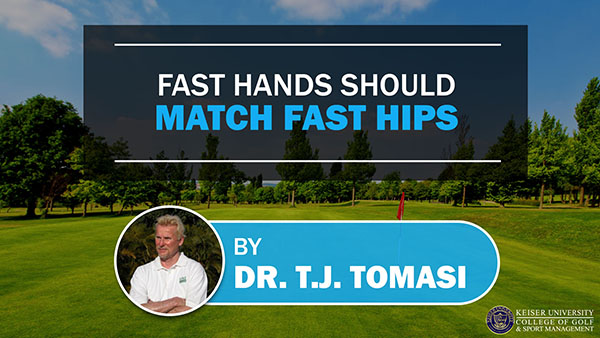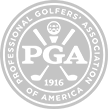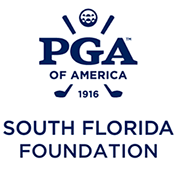Fast Hands Should Match Fast Hips
Fast Hands Should Match Fast Hips
by Dr. T. J. Tomasi
Keiser University College of Golf Senior Faculty and Director of Research

On the lesson tee, I often see golfers whose hand position at the top of the swing doesn’t match their hip action during the downswing.
Your hands and the clubhead must arrive together in the impact zone; so one way to look at it is that from the top of your swing, it’s a race between your hands and your hips.
Keep in mind that although your hands have a long way to go from the top, your hips start much closer to the finish line (your hands travel about 18 times farther from address to impact than your hips).
This means you have to coordinate your hips and hands in order for your clubhead to arrive at the ball when it should – full of energy and looking down the intended target line.
The words “slow” and “fast” are used here in terms of distance traveled to the appointed positions at impact.
Hips that move a good deal laterally [toward the target] before they rotate are, in effect, slow because there is a delay or a pause before they turn, creating a time window that gives high hands a chance to catch up.
Fast hips rotate early in the downswing with only a touch of lateral movement before they turn. They arrive at their appointed impact position sooner, with minimal pause or delay.
The hands can be thought of as being fast or slow depending on how far they travel to impact.
Fast in this context is not in mph. Hands that travel the long route come from positions high above you.
They are slow since they take more time to reach impact, and they must be matched with slow (lateral) hips that wait for the hands.
Hands that take a shorter route (fast hands) match with fast hips. Hands/Hip mis-matches can cause all kinds of errors, manifesting in both distance and direction mistakes.
Power leaks occur when the kinematic sequence is ruined by a Hands/Hip mismatch. Not only will power be compromised, but when Hands/Hip mis-match prevails, the clubface is out of control – it’s “fore left”, “fore right”, “forget it!”
There are three kinds of lessons – the reconstruction; the quick patch-up; and the rematch.
If you’re a teacher, keep a record of the types of lessons you’re giving. The bad teacher will give too many reconstructions – s/he has found the perfect swing and teaches it to all students.
In my opinion, the majority of lessons should be rematching of the type described above, because most students don’t need a full reconstruction, and patch-ups don’t last.
The majority of students do very nicely with a rematch.
If you enjoyed this golf tip, here’s how you can get even more. Contact Keiser University College of Golf to learn more about golf careers.














